Grace Tame: ‘Survivors are feeling more empowered’
2021 Australian of the Year Grace Tame and Walkley Award-winning journalist Nina Funnell discuss how together, they altered the national conversation around sexual assault.
Stellar
Don't miss out on the headlines from Stellar. Followed categories will be added to My News.
Let’s start at the beginning. How did you both meet?
Nina Funnell: Grace and I first met in 2017 when she was living in Los Angeles. I was in regional NSW, and at the time I was doing 52 articles in 52 weeks on university-campus sexual assault. The individual who groomed and assaulted Grace was living as a mature-age student with a federally funded scholarship at the University of Tasmania, alongside peers who would have been Grace’s age group and younger.
We initially started talking about that, then we began exploring issues around grooming. Grace reminded me the other day that it was amid those conversations she then went and looked up the formal definition of grooming and things began to crystallise.
Grace Tame: I had heard the term used to describe some of the things that happened to me but I had never thought to look it up. And then when you look it up, you go, “Oh my gosh.” The fact that people don’t know about this, no wonder it happens because it’s so insidious, so pervasive.
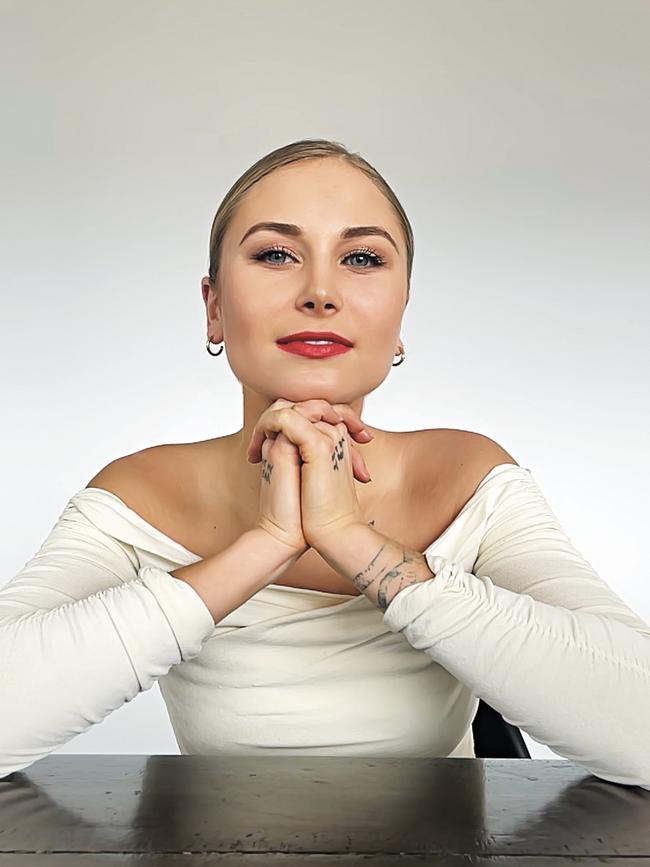
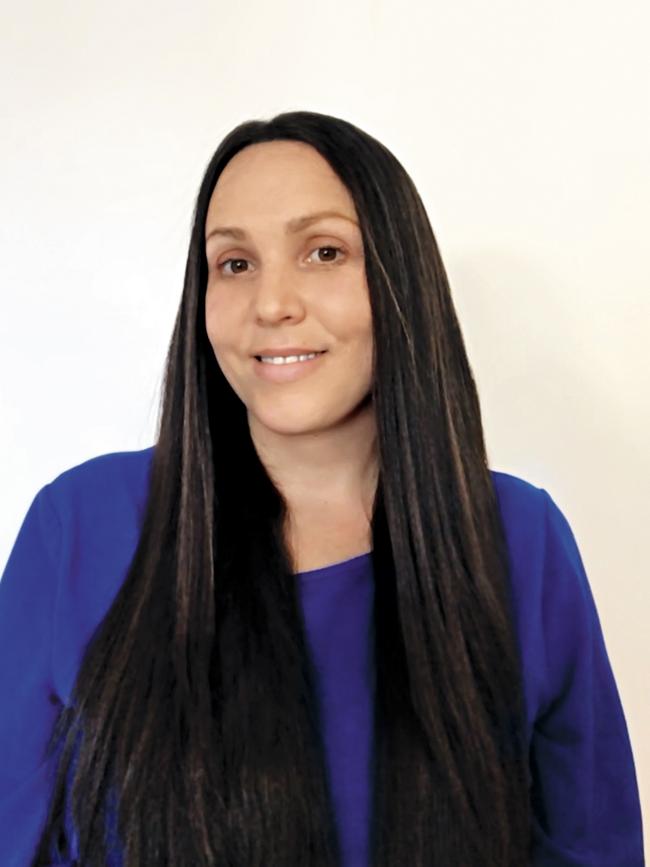
NF: I then spoke to my editor at news.com.au [owned by News Corp, the publisher of this magazine] about the potential of doing a series of stories with Grace. But it was pointed out that under Tasmanian law, Grace was not allowed to name herself – and neither was I. We could face potential fines or prosecution, including jail time.
What I thought was going to be a fairly simple story ended up becoming a campaign called #LetHerSpeak, which was aimed at overhauling the whole law. Grace agreed to front the campaign, with legal counsel Gina McWilliams running her case through the Supreme Court of Tasmania and me filing stories. Going through that together would have created an unbreakable bond.
GT: I felt instantly connected to Nina because before speaking to her, I looked up a lot of her work. She’s done incredible work in this space of reporting on sexual assault, but also, obviously, Nina, it’s on the public record that you’re a survivor yourself. And so I felt instantly at ease because one of the key elements of my personal story, which sort of paints this bigger picture of abuse of power, if you will, is the exploitative media at the outset.
Victim-blaming attitudes and just the lack of knowledge around things like grooming and psychological manipulation – which really underpin these sex crimes and other forms of violence – is actually built into our legal system. The paedophile who abused me was only sentenced to two years and 10 months in prison. And the main charge was called “maintaining a sexual relationship with a person under the age of 17”. The word “relationship” obviously has connotations of consent, and just the wording of the whole charge is very convoluted.
Nina’s sensitivity and her understanding really drew me to work with her. I’m just so incredibly grateful to have made that connection because as you can see, it’s lasted for four years now.
NF: Thank you for saying that. What do you hope the media take away from this in how to report on these crimes sensitively and ethically?
GT: I think the media needs to do better at listening, but also understanding how the power imbalance often between a reporter and an interviewee can mirror the power imbalance between a predator and a survivor. It’s about working with each other. It doesn’t have to
be adversarial or antagonistic. We’re all still learning, including me.
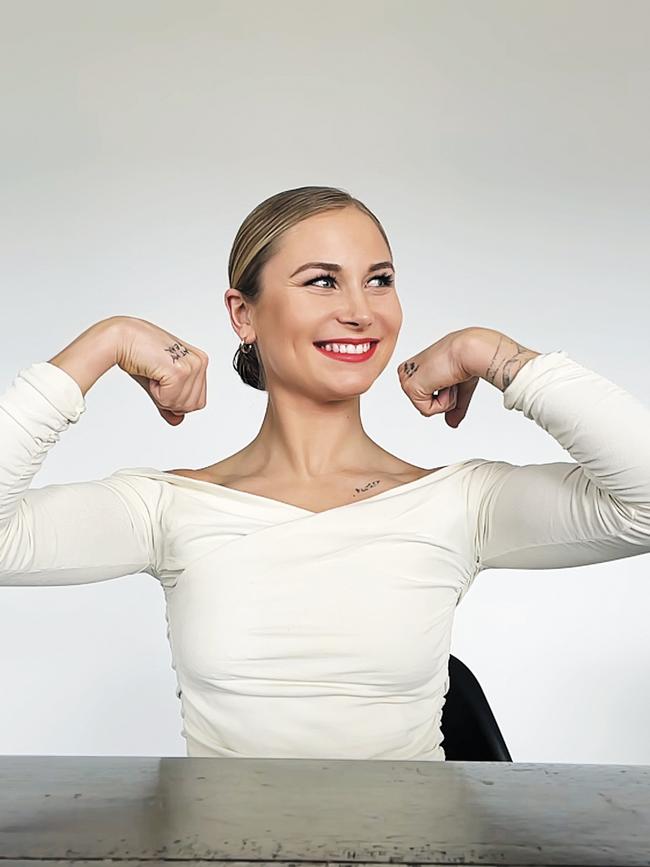
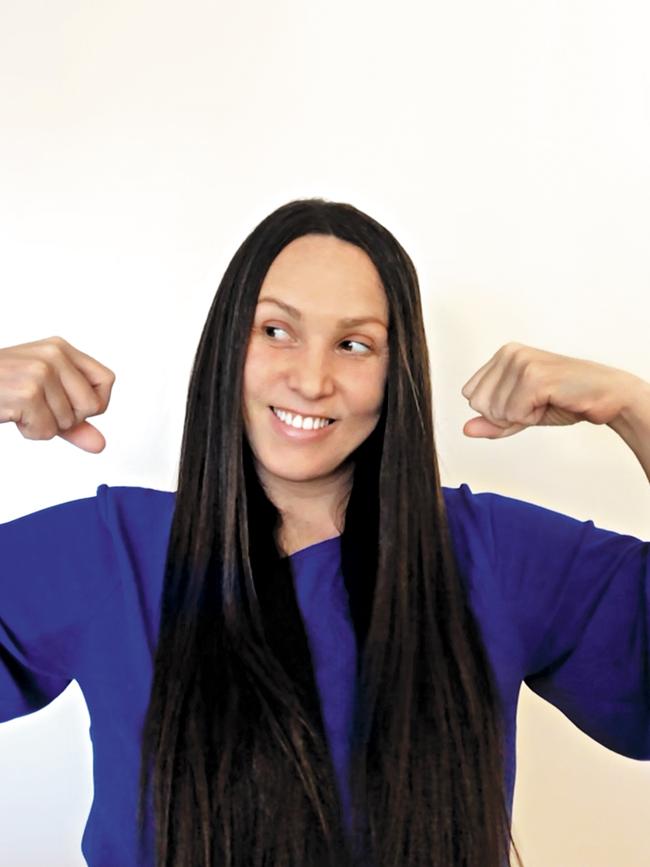
Do you feel there has been progress across the board?
GT: I would say yes. I measure that by my own experience, though. When I do talks and interviews, the reception of the messaging that we’re sharing is overwhelmingly positive. Survivors are feeling more empowered. It’s about being proud to be a survivor as opposed to feeling the shame. I think there’s a real shift in the shame. There’s still a lot of work to do, though.
NF: When I first went public with my own assault in 2007, it was a remarkably different context in Australia. I think we’re seeing progress. It’s slow, but it’s happening. The objective of the #LetHerSpeak campaign was always to change gag laws and legal barriers that stop survivors being able to speak out. But then we’ve got to look at the cultural and social barriers that still exist.
And I think one thing that has happened with Grace becoming Australian of the Year is it’s the first time we’ve had a survivor of sexual violence acknowledged on that stage. And what that does to the fear and the shame for the survivor community is massive. The symbolism of that is massive. I think now is the time for the government to step up, because the onus of responsibility and the work can’t always be on the survivors.
GT: I’m not a party political person. And I’ve said that on the record multiple times. It’s very convenient for the powers that be for me to be dragged into a culture war… It’s about corrupt behaviours and systemic injustices that we need to fight together in order to dismantle them and erase them. Sorry, I’m a bit passionate there!
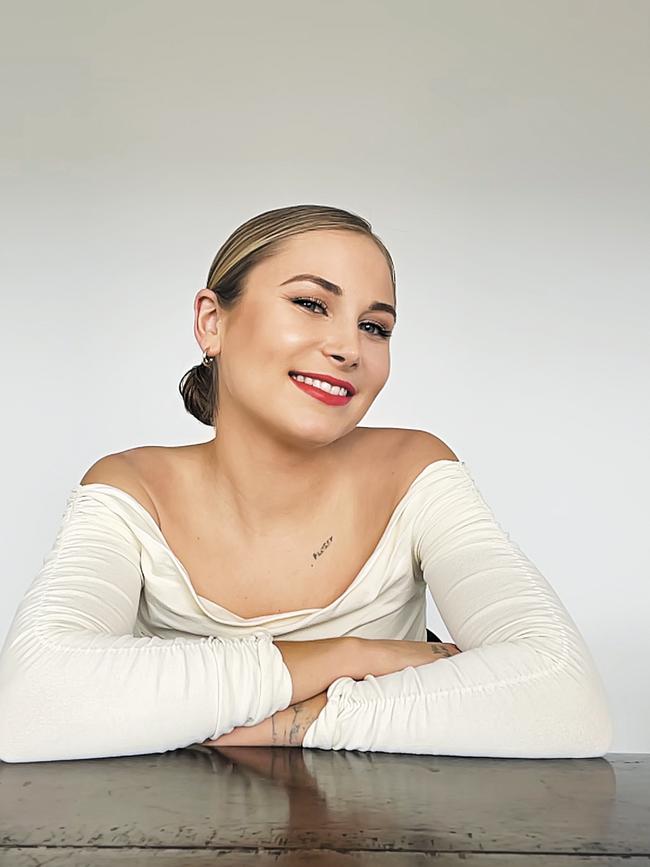
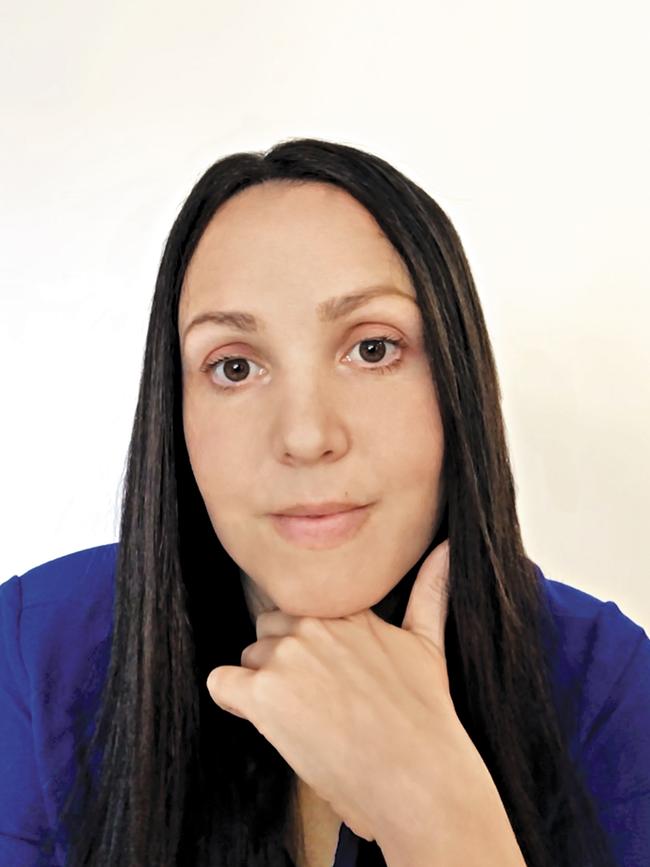
Nina, it’s been a big couple of years. You’ve not only founded and run the #LetHerSpeak campaign, which has provided legal help to 18 survivors and changed five laws, but you’ve also recently given birth and been diagnosed with an autoimmune disease. How are you doing now?
NF: I’m on maternity leave and I’m taking a step sideways to write the book about the past five years [HarperCollins is due to publish Let Her Speak in 2022]. I’m processing years and years of reporting sexual violence while also campaigning at the coalface. I heard one person use an analogy that when you spend years and years in this stuff, it’s like a deep-sea diver at the bottom of the ocean.
You can’t just one day stop and come up to the surface or you’ll get the bends. You’ve got to come up slowly, layer by layer, and acclimatise. So I think what I’m doing this year in my time off is just taking the time to process everything that’s happened and make sense of it all and get strong again.
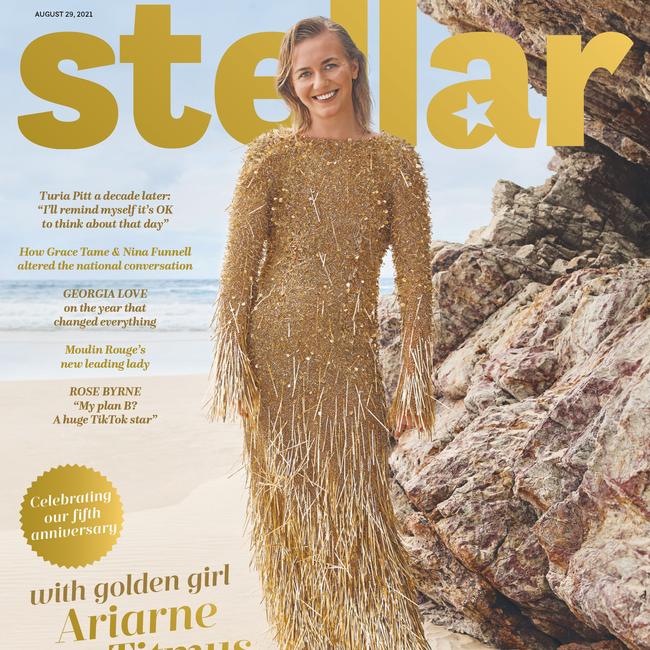
Grace, you started 2021 winning Australian of the Year. What was that like, and how have you been in the months since?
GT: When I first spoke out 10 years ago, like Nina’s experience of 2007, it was a very different social climate. And so to be a representative in that moment for a community of survivors who have been stigmatised and marginalised for so long, to be up on that stage
and receiving that acknowledgement, that respect, it was huge. I felt very privileged to be that person in that moment. It did feel like a symbolic, progressive step.
One of the things that is always at the forefront of my mind is that, as far as survivors of child sexual abuse go, I am so lucky to be so supported, both in terms of my immediate family who have always believed me from day one, despite whatever the public have said. Public opinion changes. And also in terms of my partner, Max, who is sitting right next to me. He’s literally and figuratively right next to me all the time.
I am still only a 26-year-old whose experience was only 10, 11 years ago… For all the trials and all I have lost in the process, I have regained through getting to participate in change alongside people like Nina, the campaign partners, the survivors and everyone else in the wider cause. That is a wholly regenerative thing. I feel very lucky.




